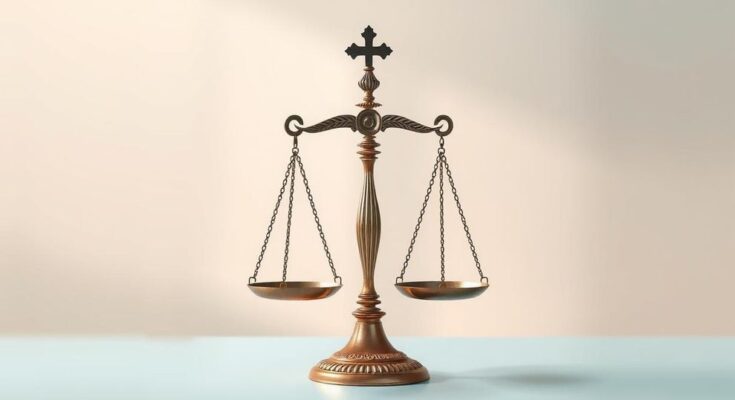As President Trump commences his second term, a torrent of executive actions has emerged, sparking alarm over their implications for health and human rights. Initial policies undermine asylum seeking, erode healthcare access, and roll back reproductive rights, suggesting a potential deepening of suffering for vulnerable populations within the U.S. and beyond. Physicians for Human Rights (PHR) prepares to mobilise its resources to fortify essential rights, prioritising the right to health and asylum amidst these troubling shifts.
Trump’s aggressive stance on immigration manifests through actions that dismantle protective measures for asylum seekers, especially at the U.S.-Mexico border. Legislative adjustments like the Lake Riley Act escalate penalties against migrants while expanding detention capacity, intensifying struggles for those escaping violence and persecution. PHR documents these abuses within detention centres, standing firm in its commitment to advocate for the dignity and safety of immigrants.
The halt on international aid initiated by the Trump administration restricts crucial support to countless communities facing crises worldwide. The suspension of funding to non-profit entities, coupled with layoffs at USAID, jeopardises healthcare, food security, and essential services. PHR’s operational capabilities in conflict zones are hindered by these abrupt cuts, calling for a restoration of funding to uphold health and human rights efforts.
In an early measure, Trump reinstated and broadened the Global Gag Rule, threatening reproductive health services globally by limiting organisations’ ability to offer or discuss abortion. This restriction disproportionately impacts women in lower-income nations while signalling a rollback of reproductive rights domestically. PHR champions the fight for abortion rights, urging an end to unjust criminalisation affecting healthcare providers and patients alike.
Reintroducing policies such as federal ‘no-knock’ warrants and rescinding chokehold bans heightens risks of violence against communities of colour. These revisions resurrect dangerous practices that have led to fatal encounters, stifling meaningful reforms aimed at curbing police brutality. PHR’s documentation reinforces the urgent need for accountability, particularly concerning the implications for racial justice in law enforcement.
Trump’s withdrawals from international bodies like the World Health Organization (WHO) disrupt global health collaboration, undermining critical disease prevention efforts. This retreat sidelines the U.S. in addressing international health crises, clarifying the need for cooperative global strategies. PHR emphasises the importance of international engagement in fostering universal health access and combating disparities.
The reinstatement of sanctions against the International Criminal Court (ICC) threatens accountability for war crimes and human rights abuses globally. By criminalising cooperation with the ICC, the U.S. diminishes its role in international justice. PHR calls for lifting these sanctions, advocating for a robust commitment to bring justice to victims and support the global legal framework.
President Trump’s second term has seen swift executive actions jeopardising human rights and health services. Actions against asylum seekers navigate heightened risks, while international aid freezes threaten global health. Policies undermining reproductive rights raise alarms alongside increased law enforcement aggression towards communities of colour. Withdrawals from the WHO and ICC stem vital support for international health and justice efforts, prompting PHR’s proactive advocacy for affected populations.
The early moves of President Trump’s second term signal a concerning trajectory for human rights and healthcare, with direct impacts on vulnerable populations. PHR’s initiatives will focus on safeguarding asylum rights, reproductive healthcare, and challenging punitive policies. By maintaining its advocacy and monitoring developments, PHR aims to protect those most affected by these actions, reinforcing the importance of health and justice in these challenging times.
Original Source: phr.org



